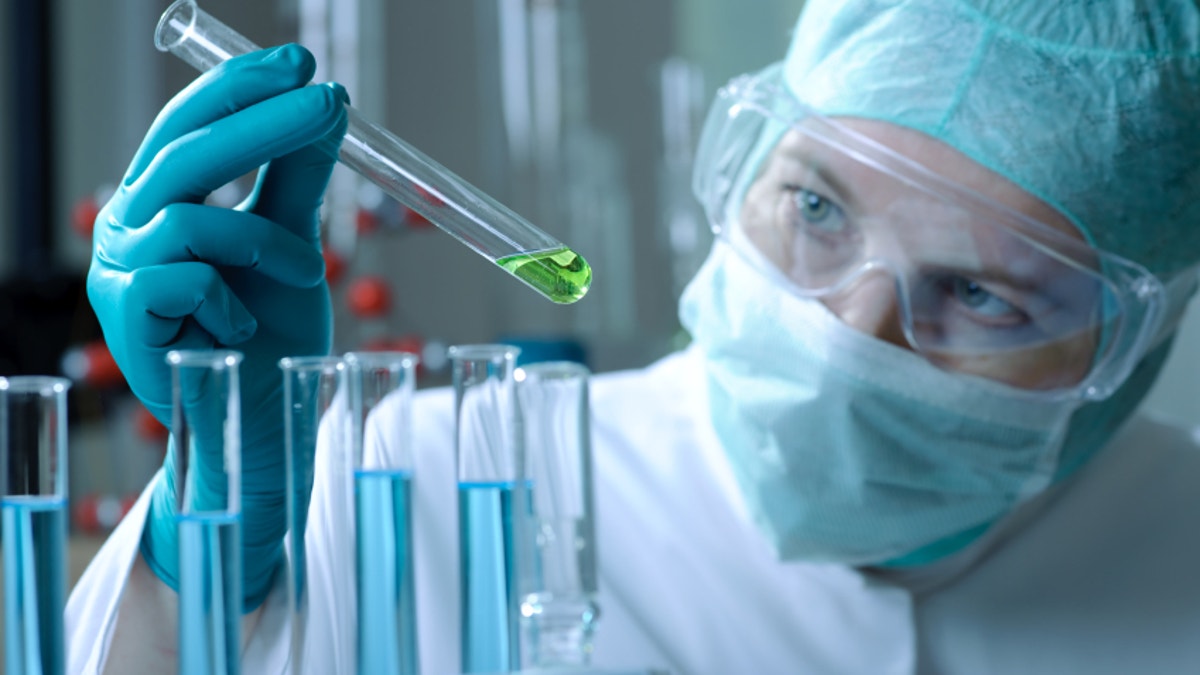
(iStock)
Does human growth hormone have antiaging powers? Or does it contribute to heightened cancer risk and earlier death? The complex science in the area suggests the answer is yes to both.
Growth hormone, a biochemical that helps stimulate cell growth and division, is given to children and teens with low natural supplies to increase their growth. Increasingly, healthy older individuals also are taking it to improve the appearance of skin, increase muscle tone and for other purported benefits.
Taking growth hormone for antiaging purposes is hugely controversial in the medical community but nonetheless appears to be gaining popularity in parts of the world. The global market for human growth hormone, or HGH, will reach an estimated $4.7 billion by 2018, up from $3.5 billion in 2011, according to Global Industry Analysts Inc., a market research firm.
New studies published this year, however, offer the strongest indication yet that lower levels of a compound related to growth hormone called insulin-like growth factor-1, or IGF-1, are related to longevity and lower risk of cancer as people reach old age.
"These studies suggest that growth hormone for healthy aging might not be a good idea," says Nir Barzilai, an endocrinologist at Albert Einstein College of Medicine in New York City who published one of the papers in the journal Aging Cell in February.
That levels of testosterone, estrogen, growth hormone and other biological chemicals fall with age is well known among medical professionals. But whether replacing or supplementing hormones is good for the health of an aging individual is a complex question.
